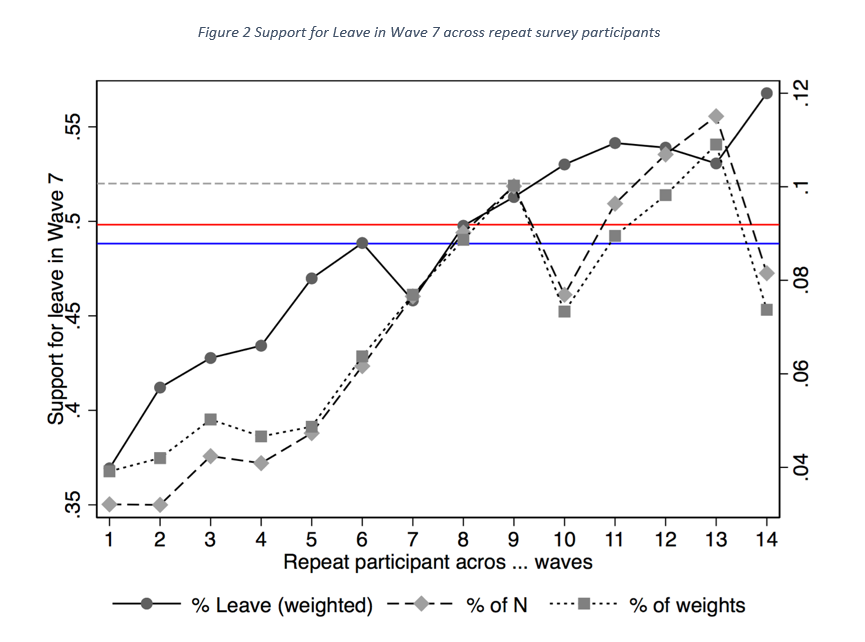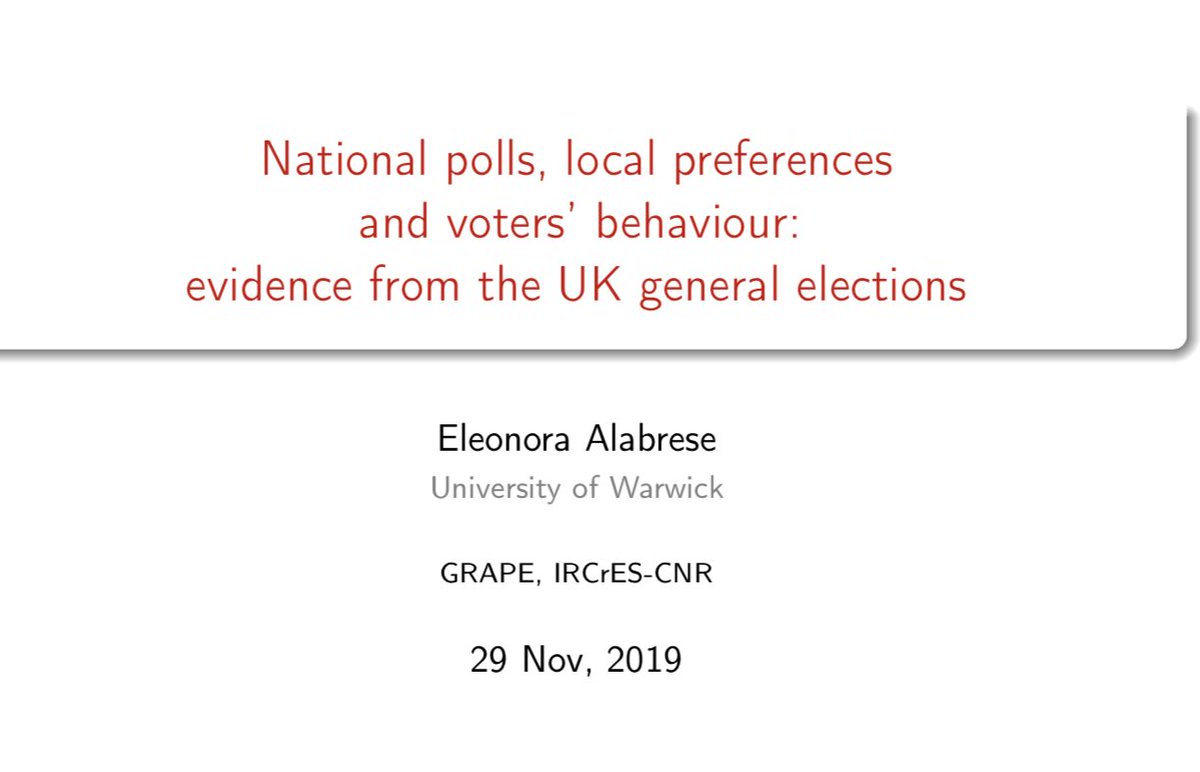& insidehighered.com/news/2016/01/0… & esp comments here: feministphilosophers.wordpress.com/2012/02/27/ano… @FeministPhils & feministphilosophers.wordpress.com/2015/04/05/ano…
Keep Current with Fleur Jongepier
This Thread may be Removed Anytime!
Twitter may remove this content at anytime, convert it as a PDF, save and print for later use!

1) Follow Thread Reader App on Twitter so you can easily mention us!
2) Go to a Twitter thread (series of Tweets by the same owner) and mention us with a keyword "unroll"
@threadreaderapp unroll
You can practice here first or read more on our help page!

